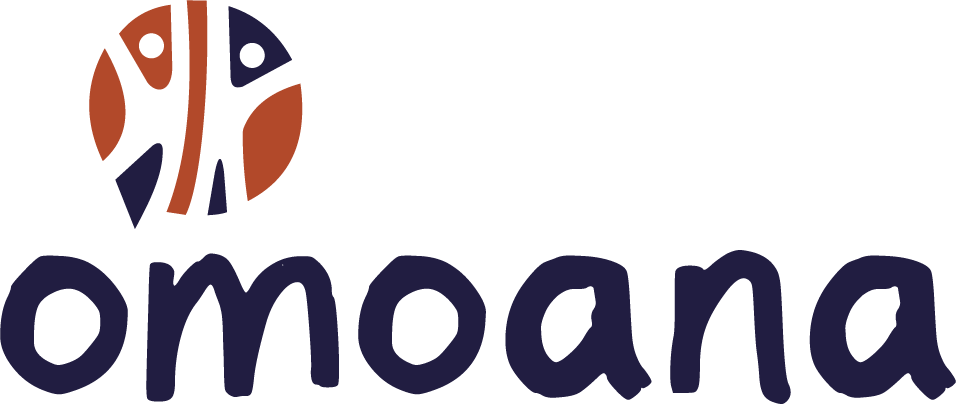Between April and July this year, Uganda experienced a rising rate of Covid-19 infections. This put a strain on the country’s health system, as evidenced by the number of deaths and hospitalisations linked to Covid-19. At the beginning of June, a national lockdown was declared for a period of six weeks. This measure enabled the country to control the rate of infection among the population and to provide healthcare for the most seriously ill.
Today, the country is opening up again. The infection rate has fallen from 21% to 8%, the number of deaths is down and the population is more respectful of preventive measures. The lifting of confinement at the end of July has enabled the transport sector and certain commercial sectors to start operating again. However, other sectors remain closed, including educational establishments, social and religious community gatherings and the entertainment and leisure sector.
Vaccination of the population is underway, with priority given to essential workers and people suffering from chronic illnesses. The government’s objective is to vaccinate 50% of the Ugandan population to enable the country to control the infection rate. However, to date only 1.2% of the population has been vaccinated. Funds to help victims of the pandemic have been paid out to the most vulnerable people. 500,000 of them have received UGX 100,000 (USD 29) for one month. The government is also supporting research into national treatments for Covid-19. Clinical trials of Ugandan plant-based treatments (COVIDEX and COVICYLE) appear to be showing good results.
Impact of the pandemic on projects
The prolonged and repeated closure of schools has exposed children to problems such as child labour, teenage marriage, dropping out of school and violence, which seem to affect girls more than boys.
In this context, Omoana has encouraged its beneficiaries to adapt to virtual learning platforms provided by schools or the government, such as radio-based study programmes for primary school pupils and distance learning models for secondary and tertiary school pupils.
Our education project partners, St Moses and Handle Uganda, provided additional monitoring of students and tutors to avoid failures that could affect the continuation of schooling when the schools reopen.
The activities of Omoana House also had to be adjusted. Additional security measures were put in place to restrict access by outsiders to the rehabilitation centre in order to protect children at high risk of vulnerability to the virus (particularly HIV-positive children). Additional nutritional supplements were offered to the children to boost their immunity.
During this period, the health of the children reintegrated into their communities was closely monitored and antiretroviral treatment was provided to them at home by the Village Health Teams (VHTs). Peer educators also adapted by approaching beneficiaries directly on social networks (Facebook and Twitter), conducting targeted awareness campaigns and offering individual support.
The mental health project’s operations were mainly affected by restrictions on the number of passengers per vehicle and inter-regional transport. Activities such as community awareness-raising were interrupted due to the ban on gatherings.
Many beneficiaries also face mental health problems due to depression, stress and the stigma attached to people affected by Covid-19. There is a great deal of uncertainty about the country’s health and economic future.
Immaculate Achan
Country coordinator


